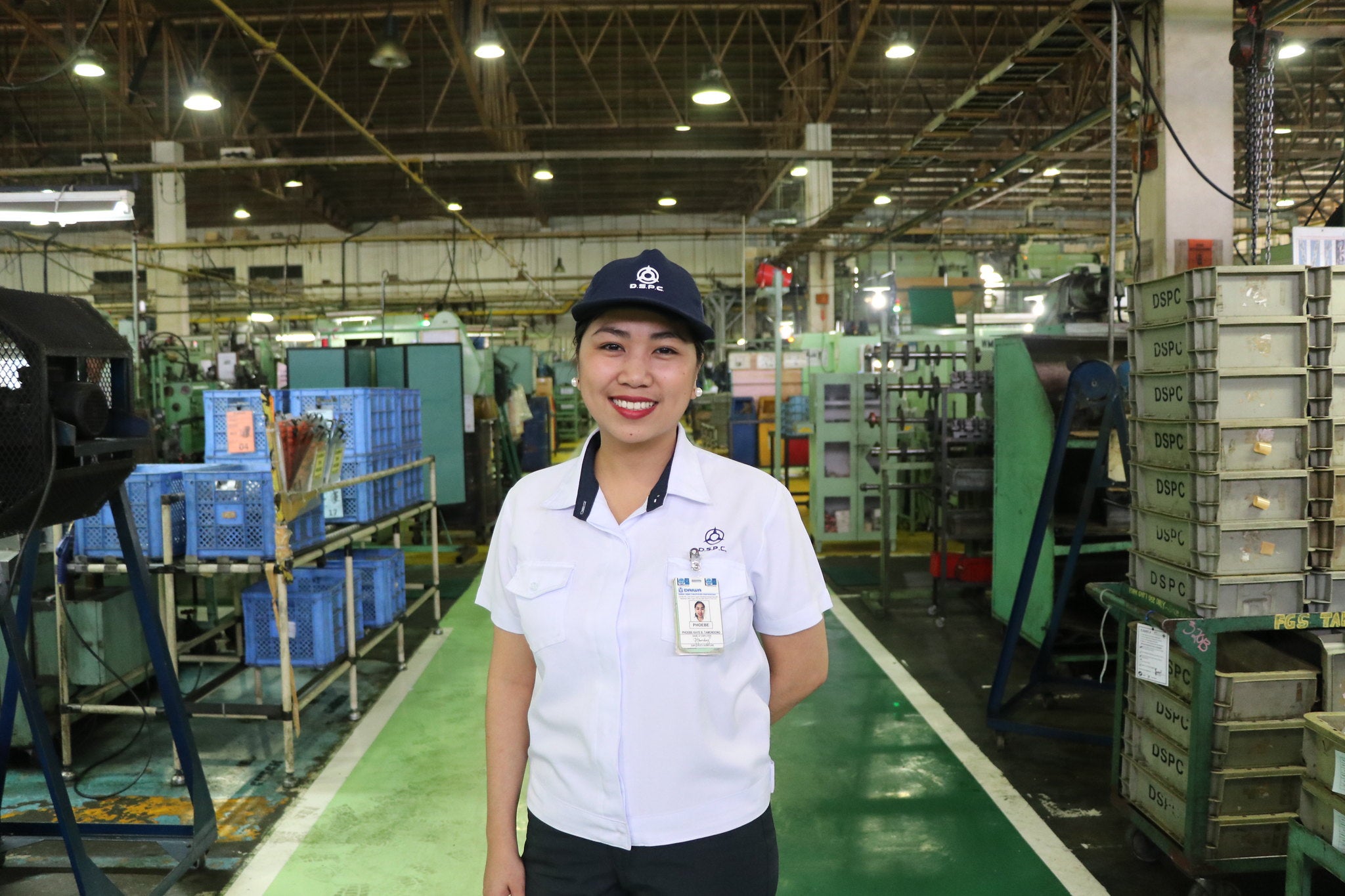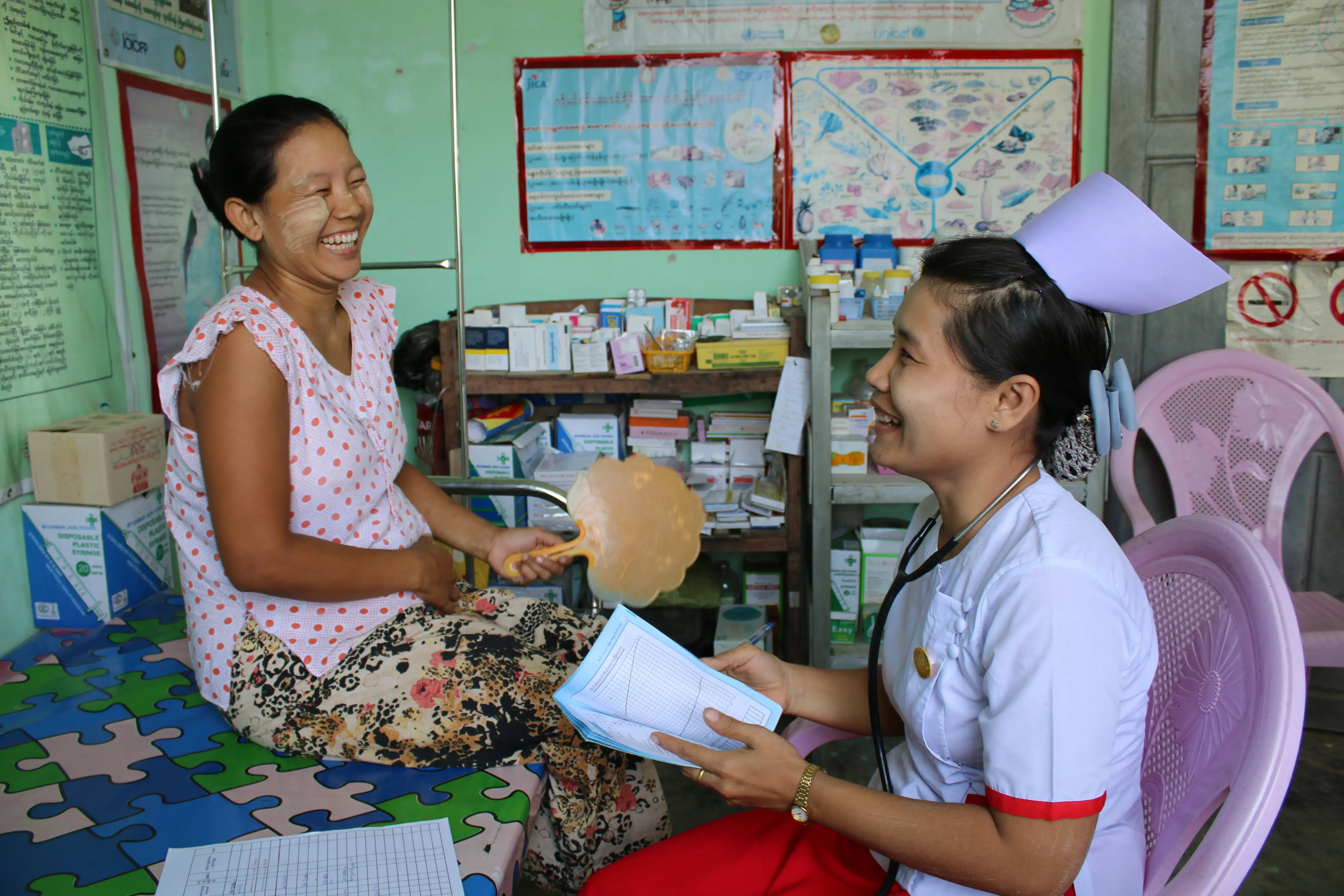Sexual and reproductive health and rights (SRHR) are central to sustainable development. Critical to maternal, newborn, child and adolescent health, SRHR are also closely linked to gender equality and women’s empowerment, as well as poverty reduction and environmental sustainability. Recognised as human rights at the 1994 International Conference on Population and Development (ICPD), ensuring universal access to SRH care is an explicit target of the Sustainable Development Goals (SDGs), and cuts across the 2030 Agenda for Sustainable Development.
While the Asia-Pacific region can be very proud of the substantial progress that has been made in past decades, inequities in the region, and for particular population groups, remain prominent today. SRHR inequities are complex, multi-faceted and inter-related. They also intersect with other inequalities: deprivations in SRHR contribute to gender inequality and poverty, and the poorest, least educated and most marginalised are more likely to experience worse health outcomes.
UNFPA works with countries and partners throughout the Asia-Pacific region to find solutions to scale up efforts in SRHR service provision, and to make commitments to close the gaps of SRHR inequities. This includes working with private partners, as highlighted in the 'Workplace Access to SRHR' programme of work, to promote innovative solutions so that businesses and private companies can contribute to the promotion of SRHR and the achievement of improved access to critical services.
This is all the more urgent as we take stock of the harmful impacts of the COVID-19 pandemic, which has jeopardised the trajectory of ICPD and the SDGs on multiple fronts. In building back better, governments, development and private sector partners must prioritise SRHR under the umbrella of universal health coverage.
Workplace access to SRHR

Contributing to the efforts to ensure universal access to sexual and reproductive health care services by 2030 (SDG 3.7), businesses can be a key ally for delivering sexual and reproductive health information and services via the workplace to millions of their employees across the world, in the context of achieving Universal Health Coverage (UHC). About 190 million women work in corporate supply chains and manufacturing – typically vulnerable young and migrant women, with limited education, low wages and significant unmet Sexual and Reproductive Health and Rights (SRHR) needs.
Private companies can be agents of change to ensure that more women in particular have the means to realise their sexual and reproductive rights, by providing opportunities to overcome some of the barriers that workers face in accessing these services in the public sector. Having control over their sexual and reproductive health will ensure that women can be healthier, more empowered and with better decision-making power in their personal and professional life. This will contribute to creating a more productive workforce, and ultimately a society able to reap the benefits of the demographic dividend.
UNFPA’s programme “Expanded Business Action for Family Planning” (E-BAFP), supported by the UN Foundation, aimed to to implement effective strategies to advocate with businesses and manufacturing companies for the provision of SRHR interventions in the workplace in the Philippines and in Asia-Pacific, and focused on research and advocacy activities to develop a Return on Investment (ROI) Tool for SRHR service interventions. The ROI Tool allows businesses to make projections on the estimated returns on investing in SRHR interventions in the workplace. - in terms of increased productivity and reduced absenteeism and staff turnover. Click here to visit the ROI Tool page.
Find out more about E-BAFP


